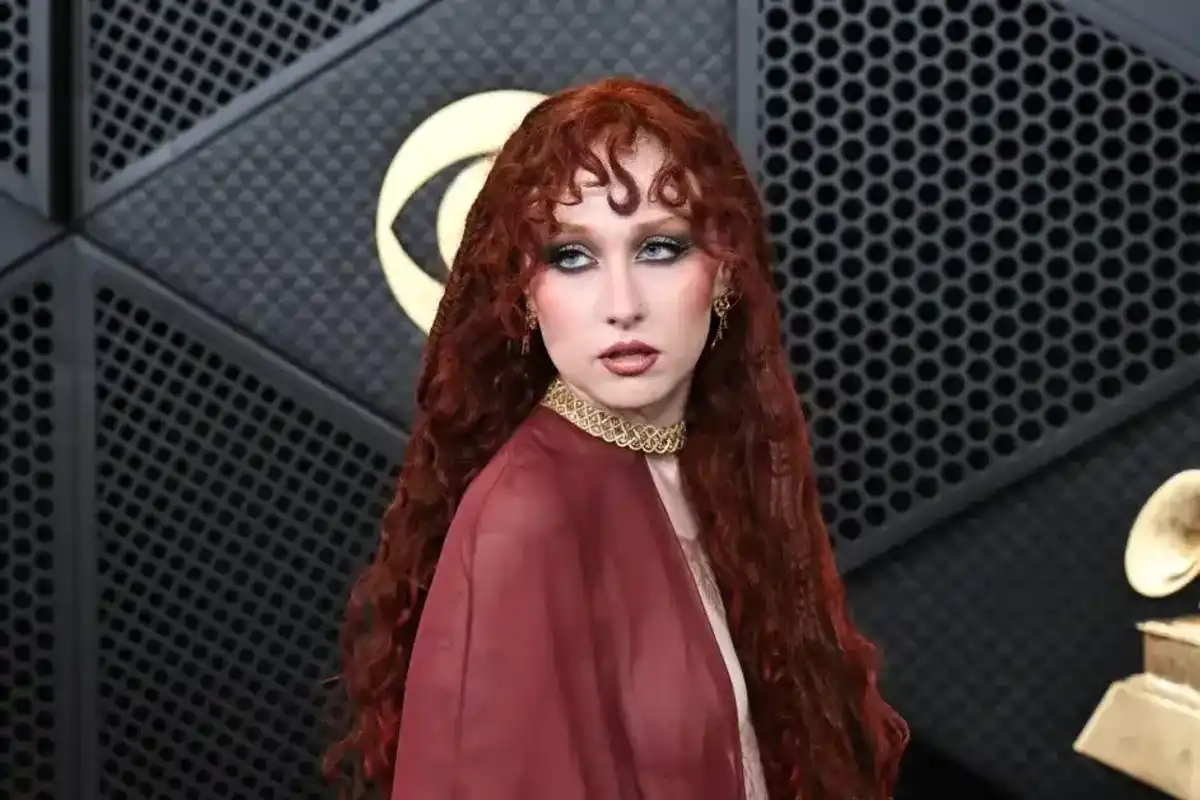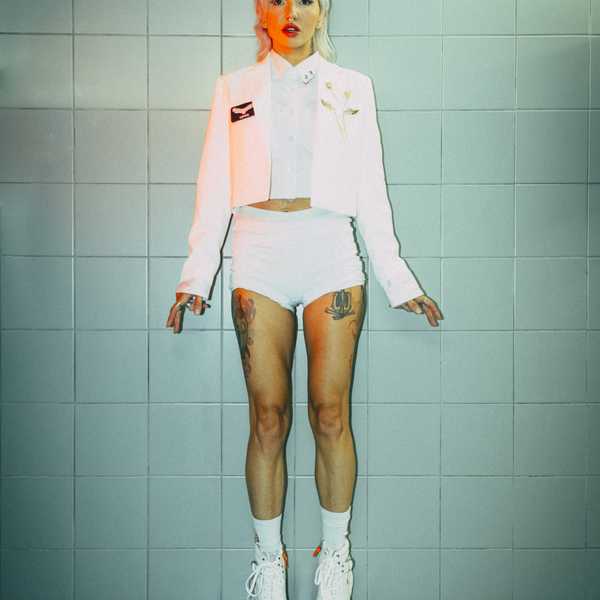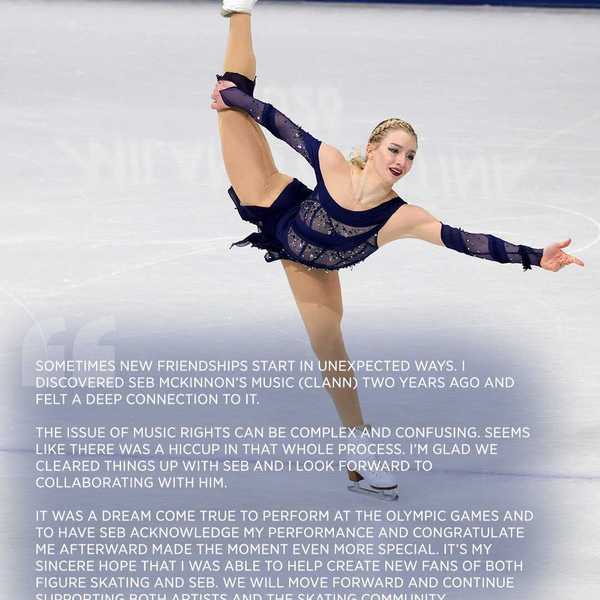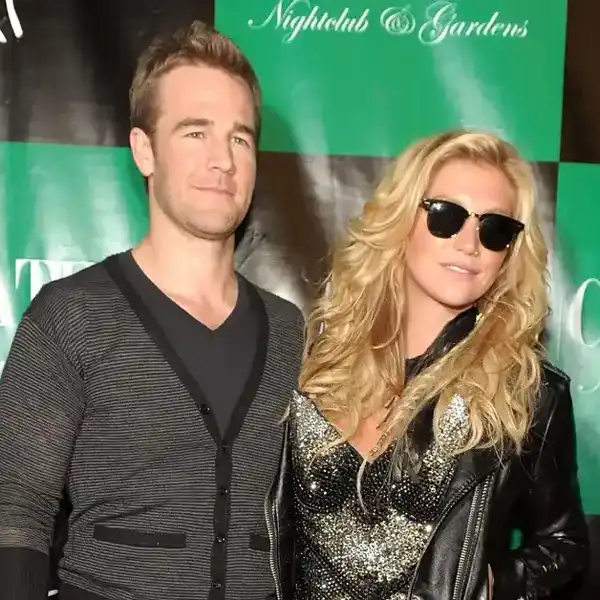A Conversation With... Michael Brecker
The versatile horn player passed away in 2007. In this wide-ranging interview from the archives, he reflects upon his family’s musical roots, his discovery of jazz, heady days in Greenwich Village, work with pop and rock artists, and much more.

By Bill King
I became aware of Michael Brecker through brother Randy's debut album, Score, in 1969 – (Randy Brecker - Trumpet, Flugelhorn, Michael Brecker - Tenor Saxophone, Jerry Dodgion - Alto Flute, Larry Coryell – Guitar, Hal Galper – Piano, Eddie Gomez – Bass, Mickey Roker – Drums, Chuck Rainey - Electric Bass, Bernard Purdie – Drums).
One of those turntable discoveries that never left replay mode. From that moment, I had to have everything 18-year-old brother Michael recorded until his untimely passing in 2007 from a blood disorder - myelodysplastic syndrome.
Michael Brecker was an original, a player you looked to for a clear view of the future. His influence and grasp of varying genres were way beyond jazz. His signature sound is inscribed on recordings with Steely Dan, Billy Joel, the Average White Band, Parliament-Funkadelic, James Taylor, Pat Metheny, Quincy Jones, even a stint in the '80s as part of the Saturday Night Live Band. His catalogue is so expansive it's almost beyond comprehension.
I caught up with Brecker in June 1987 during Toronto's Du Maurier International Jazz Festival at the Royal York Hotel, then had a final encounter as a hired photographer for Verve Records to document the Destinations Music recording/concert at Massey Hall, October 25, 2001 – Brecker along with Herbie Hancock, Roy Hargrove, John Patitucci and Brian Blade.
I spent soundcheck orbiting around the hall, snapping until I felt something of interest presented itself. Brecker was fine-tuning his electronic EWI to the building. What a sound! The room shivered under the ricocheting beauty of each tested phrase. Brecker pauses and calls me over - "Are you cool?" I was taken back by the question. He then asks, "Are you here from the record company?" I laid out the photo plan and my intentions. "Cool," he says. I then mentioned we had sit-down conversation years back at the Royal York and how out-worldly the sax sounded in this grand institution. He then talks of the technical set-up and how he was trying to reach every corner of the room with sound. I assured him that had been accomplished.
As I look back to our original conversation, I'm struck at how early in his career this was. I'm asking starting point questions – something I probably wouldn't ask today, yet they tell so much of his early years. Each rumour of a new Brecker side made him seem invincible, and the flow of creativity would cross the universe unabated.
There's something special about the early years – the discovery, the setbacks, the sense of self, the boldness – the will to take action and bend all rules.
Bill King: You were born into a family of musicians.
Michael Brecker: Yes, I was. I began playing at a very early age. It's funny, all of my family played an instrument, and I assumed that's what everyone in the world did. I was six years old when it came time for me to choose an instrument. I had seen someone playing the clarinet at my house, and I liked the way it looked, so that's what I ended up picking.
B.K: Did you participate in a high school band program?
M.B: Yes, I did all that – marching bands, and such. As a matter of fact, it was while I was in the marching band that I bought myself a cheap tenor for 20 bucks. I forget what make it was, but it was an old horn that hardly played. I used it for the marching band because, at that point, I had an excellent tenor that I was using applying for jobs around Philadelphia. I remember the day football season was over in my senior year; I took that horn and threw it down the stairs.
B.K: Were your parents musicians?
M.B: My father was an attorney, but he was also a professional musician. He gave up playing live years ago, but the music was his real love.
B.K: Was he the one who brought the jazz albums into the house?
M.B: Yes. He was a jazz musician, and that's where my roots are. My earliest musical memories are of hearing Clifford Brown, Miles Davis and Dave Brubeck. When I was seven, my favourite album was by Brubeck. One of the tunes I particularly liked was called Look for the Silver Lining. I mentioned that album to Dave at one point, and he said that was his favourite recording of all those he has done. This was a 78 rpm made in the early '50s.
B.K: What was happening in Philadelphia during your early teens?
M.B: I was listening to a lot of albums, so I heard many of the New York musicians and was heavily influenced by them. There were also a lot of musicians floating around Philly who were very good and went on to become well known.
There was lots of jazz and R&B around, so I was exposed to both. Philadelphia was famous for American Bandstand along with Gamble and Huff, so there were plenty of R &B gigs.
B.K: How did you end up at Indiana University?
M.B: My brother Randy had gone there previous to me and had liked it. I decided that since I already had an opening there, I'd apply. I was accepted but at the last minute changed my mind. I chose to rebel against the whole thing and give up music. So there I was, at Indiana University, trapped in a liberal arts program and spending all of my time at music school. After a few months, I was able to change to fine arts – drawing and painting. This was all right for a short period, but I finally dropped the whole thing and moved to New York City.
B.K: Was Dave Baker teaching at Indiana University at the time?
M.B: Yeah, he was there. He was great – an excellent teacher.
B.K: Did you participate in the Notre Dame Jazz Festival?
M.B: I did, and actually, we were quite a sensation. We put together a quintet in '67 or '68. I had already gone into my 'hippie bag,' along with the rest of the band. We were all jazz players playing in a rock 'n' roll band, but we were quite excited about melding the two forms of music together. We entered the festival and made it to the semi-finals where we played straight-ahead jazz with acoustic bass, drums, trumpet, tenor sax and piano. We ended up receiving very high ratings and were kind of like the shoo-in to win the festival.
Before the finals, we concealed a bunch of amplifiers behind the curtains. We started off playing an old Duke Ellington composition called Warm Valley. After about a minute and a half, the band dissolved it into an African thing, which featured this guy playing congas, and that, in turn, changed into Light My Fire. Then the curtain went up, exposing all of those amps, and all of a sudden we were playing rock 'n' roll. We were disqualified and, as a matter of fact, that year they didn't award a prize. They didn't want to hand it to us and set a precedent, so instead, we walked away with individual awards for each category; I won the all-around music award. We had a good laugh over that and split. The Notre Dame Festival is excellent; we were just into our angry rocker thing at the time.
B.K: Was Dreams the first recording group you participated in as a member?
M.B: Yes, that was an endeavour to combine our jazz roots with other influences. It was pretty much one of the first electric jazz groups. We relied heavily on improvisation, but we used R&B rhythms. Billy Cobham was playing drums, and either Chuck Rainey or Will Lee was playing bass. That was a fascinating time and an exciting band – though never a commercial success.
B.K: The buzz was out there in Greenwich Village.
M.B: Yeah, we always attracted a lot of musicians but not much else. We used to work on St. Mark's Place at the Electric Circus. That was our playing showcase in New York, opposite the Psychedelic Stripper.
B.K: You played on brother Randy's first LP for Solid State.
M.B: That was his first recording. Randy wrote virtually everything on it. Oh, I think Hal Galper wrote a tune as well.
B.K: Who was on the session?
M.B: Larry Coryell, Chuck Rainey and Bernard Purdie – who was ridiculous. It was a good record.
B.K: I picked up the LP in the Village and was impressed by the quality of the recording.
M.B: You know what was great, aside from the music on the record, as an 18-year old I had a chance to experience Rudy Van Gelder and his studio before he changed it over. He was still recording with the old techniques that he used to record the Blue Note and Impulse records. That was very interesting, and I cherish that memory. We were all around one mike, in a circle, without baffling or separation.
B.K: You've performed with many pop and jazz artists since the '60s. How has this altered your playing?
M.B: Those threads always stay intact. A style develops, and new ideas come along. My sound hasn't changed all that much. Generally, when you look at a lot of saxophone players over the years, their sound changes subtly. Usually, the thread is still there, but the changes are physical characteristics of one's playing – body shape, throat shape.
I've grown a lot. The advantage of being involved with different kinds of groups, with varying points of vantage, and being able to internalize what I've learned, either directly or indirectly, contributes to my conception of music and other things. I think some of it has possibly been detrimental, but, for the most part, it's been perfect.

















